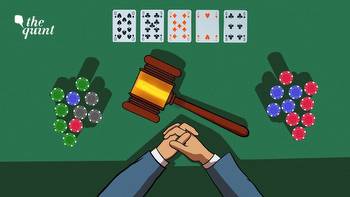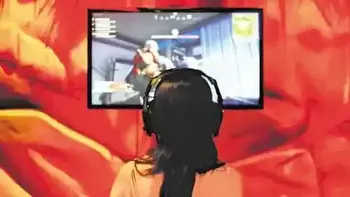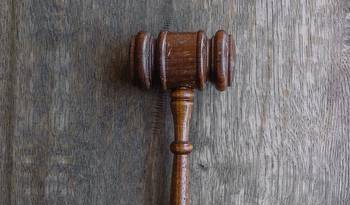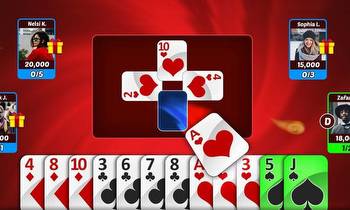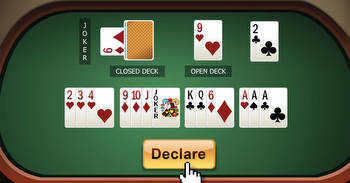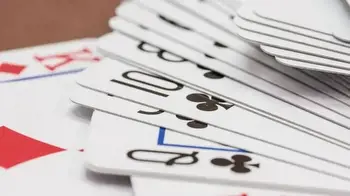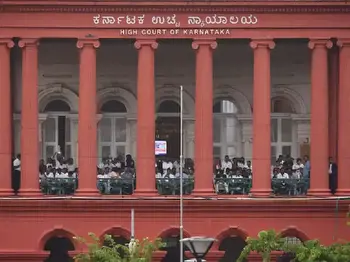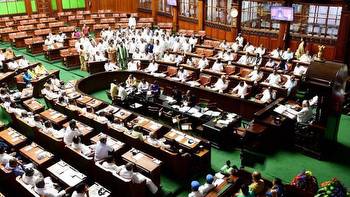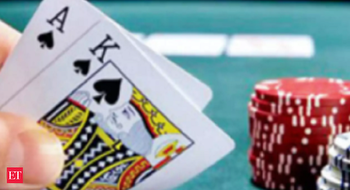Karnataka gambling law: ambit, HC challenge

Karnataka legislature passed a law to amend the Karnataka Police Act, 1963 on September 21. The Karnata Police (Amendment) Act 2021 came into force on October 5. It makes all forms of gambling cognisable and non-bailable offence. Several online gaming firms geo-locked their apps and sites in Karnatta to prevent police action if customers access the sites. An FIR was registered against Dream 11 for running a gaming house.
The new gaming laws in Karnataka, Kerala and Tamil Nadu have been challenged. The Supreme Court ruled that games of skill are business activities protected under Article 19 (1) (g) of the Constitution. Rummy and horse racing are not games that fall under the purview of gaming law.
The new law makes gambling a cognisable and non-bailable offence. It also includes the use of cyberspace in the process of gaming. The law was amended in response to recent public interest litigations. For confidential support call the Samaritans on 08457 90 90, visit a local Samaritan branch or click here.
The new law covers all forms of wagering or betting except horse racing and lotteries. It also puts betting on the skills of others in the category of gambling. The new laws views gaming websites in same light as physical gambling houses. Maximum punishment for owners of these centres is increased from one year to three years of imprisonment and fines from Rs 1,000 to Rs1 lakh.
Madras High Court struck down a similar law in Tamil Nadu as being ultra vires. The HC said both rummy and poker are games of skill. The evidence in such regard is apparent from the American case. Poker was accepted by the Law Commission as a game of skills.
The All India Gaming Federation and several online gaming companies have approached the Karnataka HC challenging the amendments and the extension of the law to cover games of skill such as rummy. The HC has not ordered a stay, but the government has told the court that it would not take any precipitating action against gaming firms under the new law during the pendency of cases filed by the Gaming federation and gaming firm.








